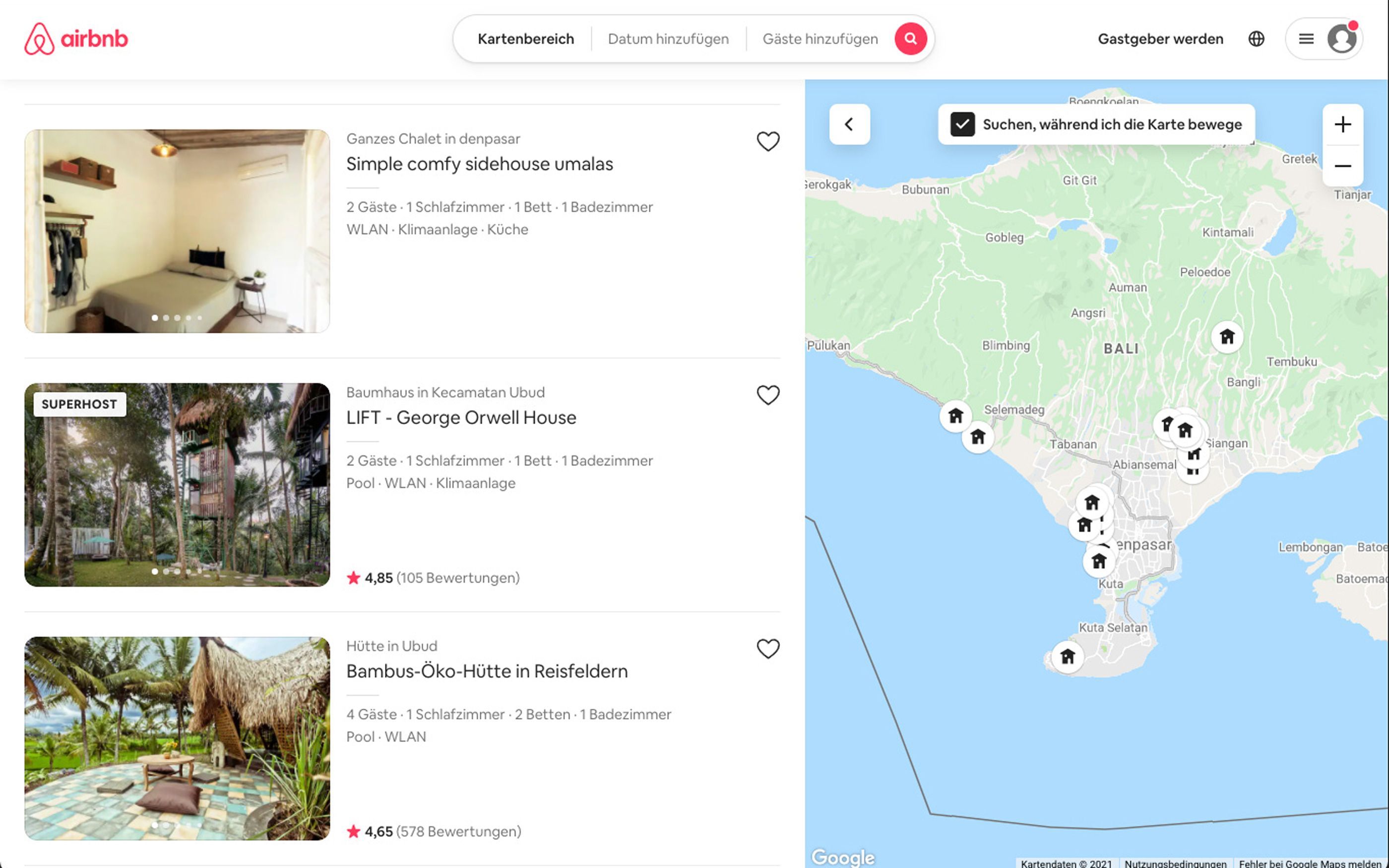and human memory can have a significant impact on our online shopping experience and our purchasing decisions are no longer a secret, we would now like to look at the influence our personal environment and society in general have on our buying behaviour.
The Psychological Principle
The term Social Proof was coined by Robert Cialdini in his book Influence (1984). In our vernacular, social proof refers to informative social influence or social validation. The term describes the social phenomenon of people imitating the actions of others. We know this from everyday life. We prefer to go to a restaurant that is already full than to an empty one. We buy the bestseller because others have bought it too. When others laugh, we laugh along with them. That's why comedy shows often laugh at the audience.
Examples of Social Proof from History
While social proof is a modern marketing term, the insights it provides are not new. As early as the 1840s, Parisian theatres and opera houses had so-called "claqueurs" who were hired to applaud, laugh, and praise performances. In this way, the audience was positively influenced and encouraged to clap and laugh along. This works not only for laughter, but also for crying. In some countries, for example, there are still so-called mourning singers who perform the ancient ritual of professional mourning. They are asked to sing laments and cry loudly at funerals. In this way, they normalize the grief so that the relatives feel that they are not alone with their loss. Thanks to the laments, they also dare to cry and express their grief.
The first rating system was invented in the early 19th century by the English writer Mariana Starke. She developed a pioneering travel guide to France and Italy. In it, she described the political situation in the country and gave practical tips for tourists. She also developed a rating system in the form of exclamation points to rate places of interest. This was the forerunner of today's star ratings.
Social Proof in e-commerce
No matter what the product, we feel much more confident in our purchasing decisions when customers in the same situation have made the same decision. Here are the 5 types of social proof:
- Expert knowledge
- Prominent personalities
- Recommendations from friends
- Other users
- The behaviour of the masses
But why do we orient ourselves to other people? According to Cialdini, it's because of our need for certainty.
"As a rule, we make fewer mistakes when our behaviour is consistent with social "evidence." When many people do something, it's usually the right thing to do." Robert Cialdini, Influence (1984)
Psychology in UX: How do You Use Social Proof Successfully?
According to one study, 80% of purchase decisions are influenced by customer reviews. There are several ways to leverage social proof for your online business
Use reviews and recommendations for products: Ratings can be displayed in the form of stars on the product overview or on the product detail page in the form of reviews. You can also use reviews in search, for example, by filtering by them (example: ebay, Amazon).
Use social proof through influencers:
The more authentic the person embodies the product, the higher the credibility and authenticity for users. (Example: Levis)Install an Instagram feed on the product detail page or home page:
People copy other people's behaviour, especially if they are like them. (Example: Leatherman)Show seals of approval and good test results of a product: Seals can positively influence the purchase decision, because users trust expert knowledge.
Social proof can be very effective. However, it should not be used unwisely. Due to the success of social proof, some stores and websites have overused it and complicated the interaction. As a result, the user experience suffers. Therefore, it is important to test and not just assume that every social proof feature is beneficial. For example, which social proof mechanisms increase conversion rates can be found out by A/B testing comment, rating and testimonial features. Usability tests can show whether social proof functions lead to a cluttered and confusing interface that distracts users too much instead of encouraging them to buy.
Wir unterstützen Sie gerne bei der Evaluierung, welche Maßnahmen für ihren Shop am besten geeignet sind.
Implementation in Shopware
Reviews
The reviews of other customers have a significant impact on buying behaviour. For this reason, Shopware offers your customers the possibility to rate their purchased products.
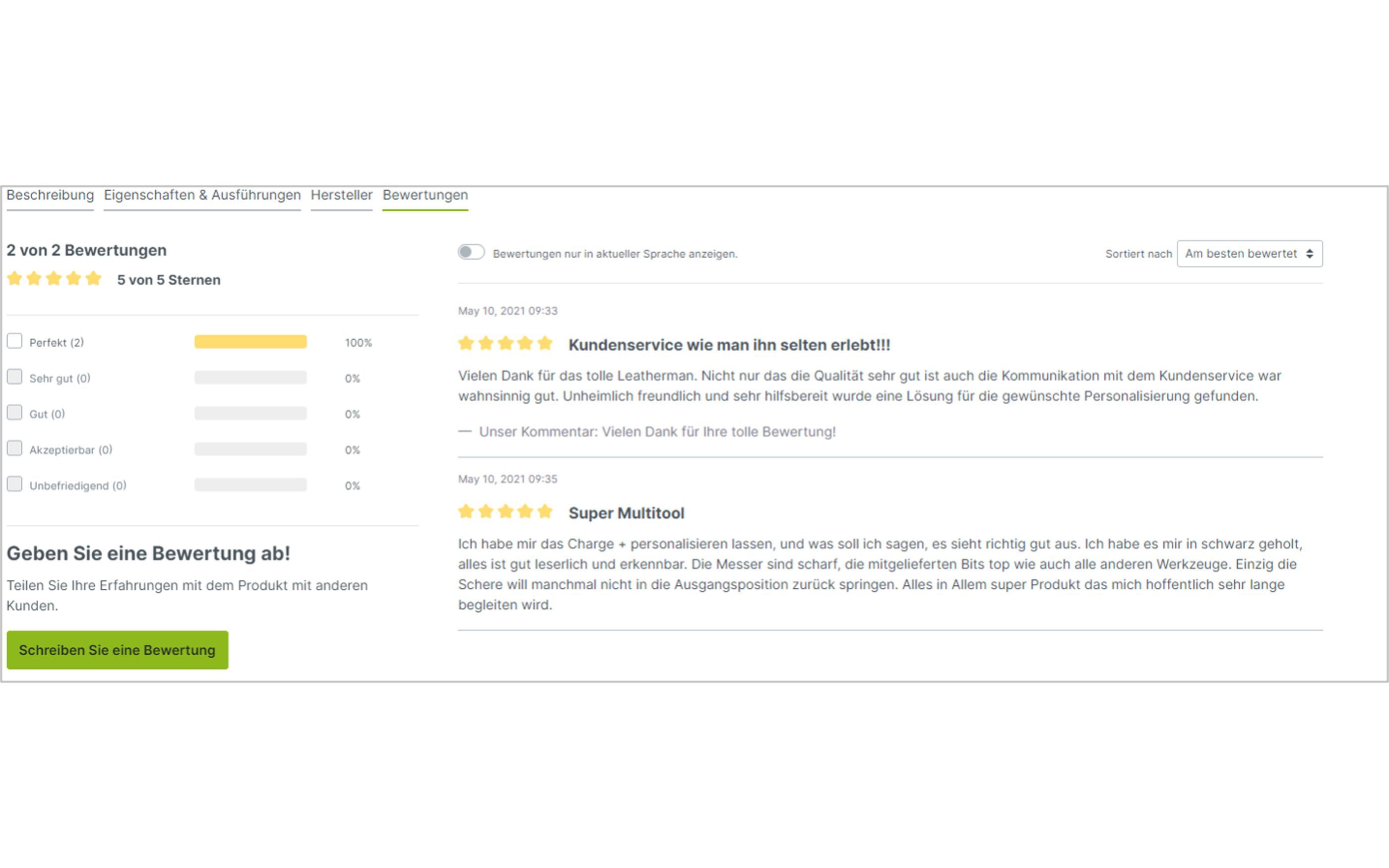
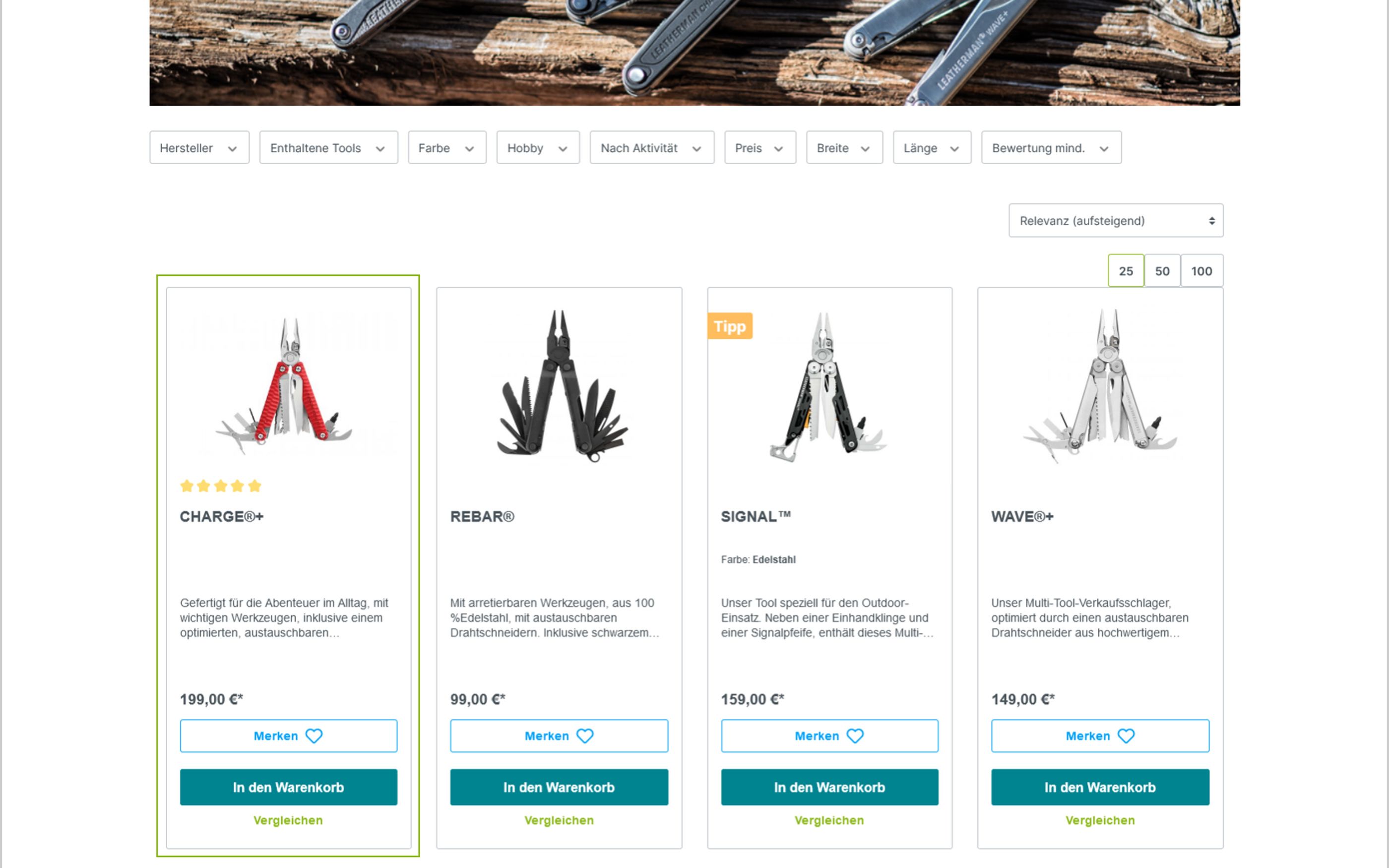
Recommendations
In addition to reviews of a product, your customer can also recommend a particular product to his contacts via social media.
To realize this, the plugin "Social Share Buttons (WhatsApp, Facebook, Twitter and more) for SW6" can be used. With the help of the plugin, it is possible to integrate ten different social media icons like Facebook, WhatsApp, Facebook Messenger, Twitter, Pinterest, Tumblr, Xing, LinkedIn as well as icons for emailing and printing into the online store.
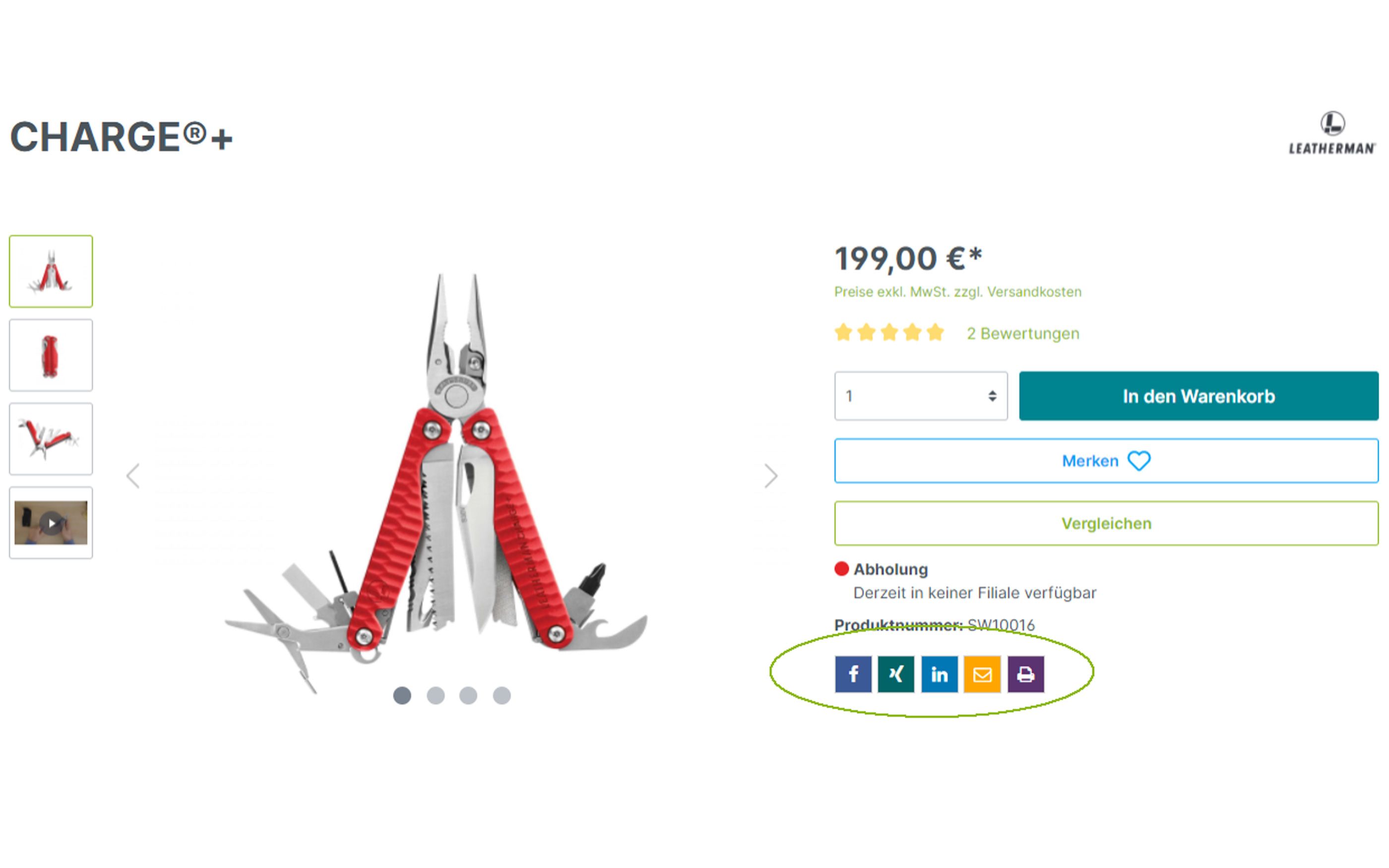
Embed Instagram Feed
The integration of an Instagram feed can also strengthen the social proof.
Here, a plugin can be used to add this function to the online store. The plugin "Instagram Feed for Shopping Worlds - Grid" is recommended. With a few clicks, the feed of the Instagram channel is displayed on the home page or any landing page.
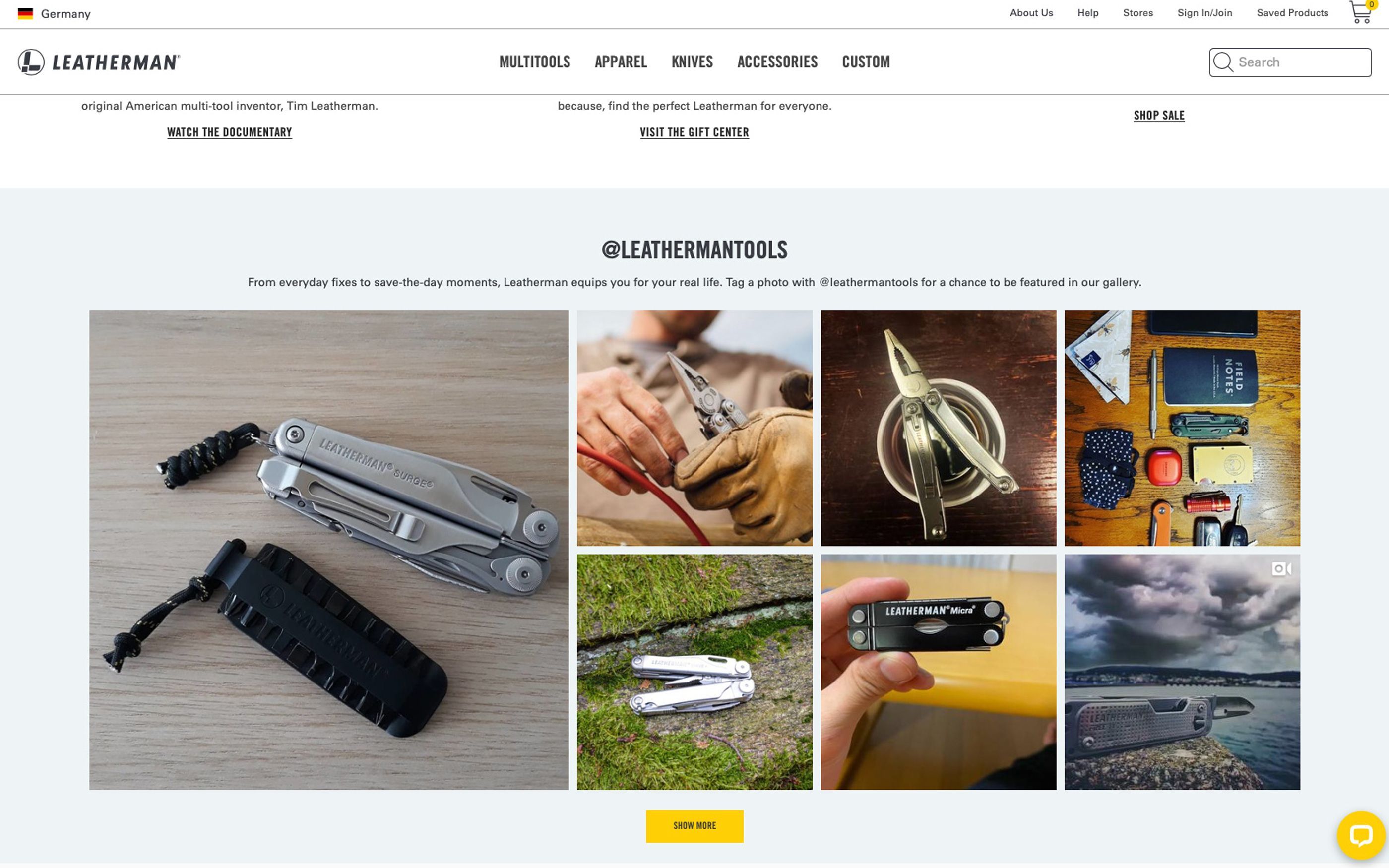
Psychology, UX and Shopware: Conclusion
The jam paradox, human memory, and social proof are three psychological phenomena that can influence our online shopping behavior. With the right strategy and appropriate tools, however, they should by no means be seen as hurdles, but rather as opportunities to increase conversion in your own online store.
If you observe these three principles based on psychology, you can already significantly increase customer conversation. With Shopware, the functions can be easily implemented.
We know many more possibilities and do not rely on assumptions, but use insights from psychology, data-based tests and our many years of experience to constantly optimize the UX of our customers.
Have we piqued your interest in an exchange and consultation? Arrange a free appointment with us. We look forward to the exchange!
Take a look at the recording of our webinar, which we presented on May 20th, 2021.
